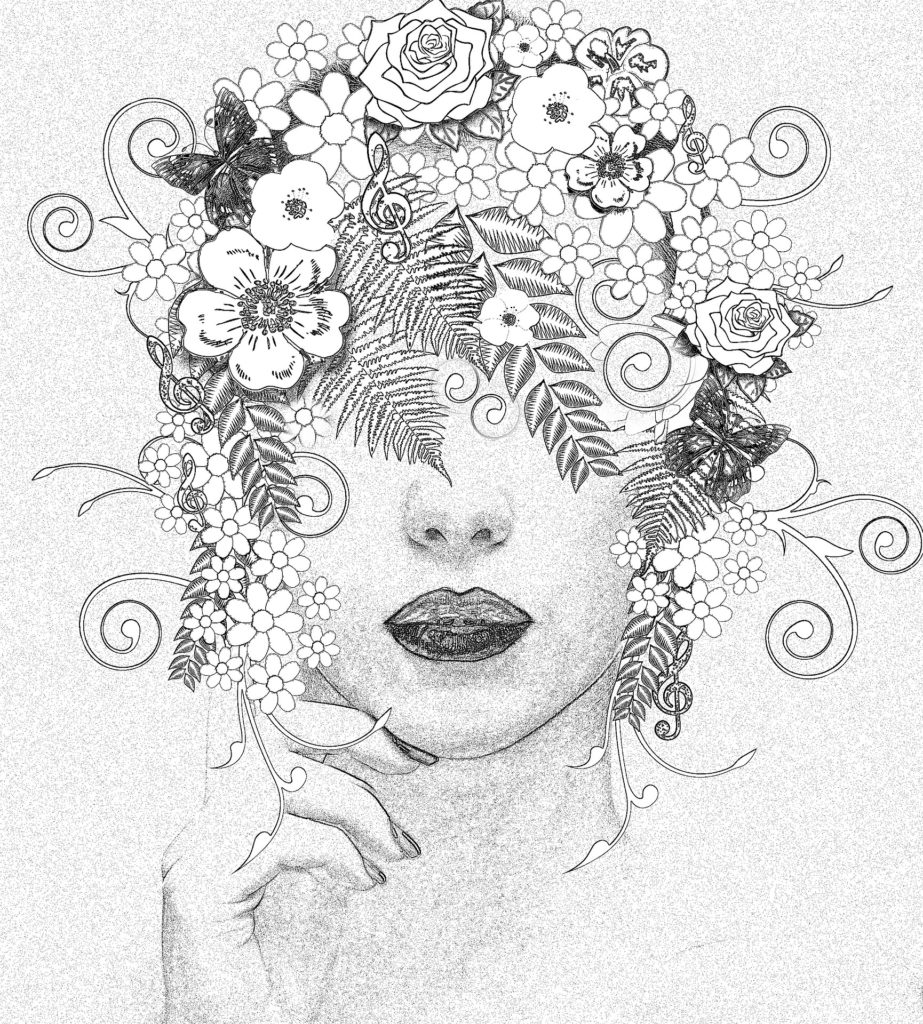
I am convinced that our best writing comes from outside ourselves, which is the opposite of what I used to think when I first started penning poetry and short stories. I used to think that my writing was sacred in a sense that it was a part of me, my inner being, my ego. And because of this, it was difficult to revise, to tear down anything that I had built. But over the years I have completely reversed this notion. My best writing seems to come when I let myself fall away or dissolve, and I am able to tap into a universal consciousness, the source, the muse. It is more like channeling than thinking; In fact, thinking just gets in the way. Sena Naslund claims to have channeled her entire brilliant novel, Ahab’s Wife. And when I wrote “Reenactment” all of Sir Parker’s dialogue came from this ‘other’ place. I didn’t write his voice; I heard his voice. Now, not to get too woo-woo on you—I don’t really know where this voice comes from, but I think it’s something we, as writers, need to cultivate in order to work on a higher, deeper level. Writing is not easy; we can use all the help we can get.
So here is how I go about inviting the muse into my writing studio: I read somewhere a while ago that we should visualize our muse, personify him/her. I visualize my muse as a flamboyant red-headed lady decked out in silk scarves and bangles, stretched out on a chaise lounge in her flowing brightly-colored skirt and blouse. I make her a cup of tea and serve it in a fancy china cup with matching saucer. She has discerning taste and is used to being pampered and surrounded by the finest things in life. She is not a snob; but she expects the best from me, and is willing to help if I am open and accepting. There are days, of course, that she doesn’t show up. Perhaps she is busy helping others, or is not convinced that I am serious about writing that day. Our material presence is not enough. We must be fully present; not splitting our attention with social media, or Amazon, or Pinterest. . . Not an easy thing to do in these times that cater to the cultivation of short attention span. But if we expect to get help from the universe, the source, the muse we must give her our full attention. And, go ahead, give her a name. I call my muse Frida and have, at times, had lively conversations with her (in my head).
One such conversation:
Me: Frida, thank you so much for being here.
Frida: Think nothing of it, darling.
Me: I’ll try my best.
Frida (waving her hand): Dream away. I’ll orchestrate today.
Me: Then who will sing the song?
Frida: The song is already sung.
She can be maddening at times, evasive, and elusive, but patience and commitment are key. And once you have both settled in, the magic will begin. You will come to love her; and she, despite her seemingly indifference at times, will come to be fond of you. As Beethoven wrote, “Music from my fourth year began to be the first of my youthful occupations. Thus early acquainted with the gracious muse who tuned my soul to pure harmonies, I became fond of her, and, as it often seemed to me, she of me.”